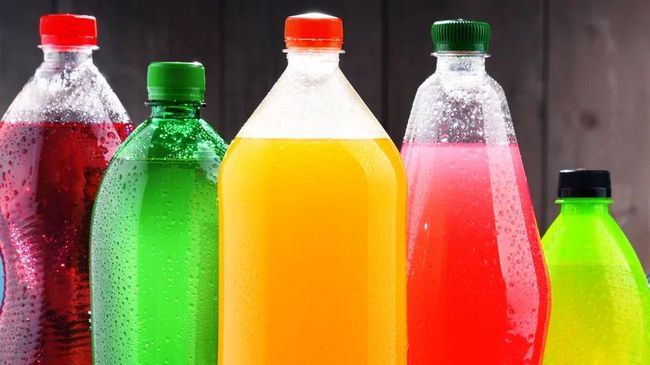✕

Column: industry Tag: BVOs,Sodas,Beverages Published: 2024-07-04 10:03 Source: www.mashed.com Author: HANNAH SKINNER

Monticelllo/Getty Images
On Tuesday, July 2, the FDA released an update about the regulation of BVO (brominated vegetable oil) in food. Going forward, this ingredient, found in many citrus and orange soda brands, will be banned for its adverse health effects. BVO is vegetable oil modified with bromine, a chemical that prevents the flavors in citrus-flavored sodas from separating. Bromine is also used in flame retardants to help prevent objects like furniture and building materials from catching fire.
Fortunately, not many food products contain bromine due to previous awareness of the health risks and strict FDA regulations surrounding the product. BVO used to be in Gatorade and Mountain Dew (which is why Mountain Dew has been banned in some other countries) until PepsiCo announced it would start working to remove the ingredient in 2014. Today, products like Sun Drop Citrus Soda, HEB Orange Burst, Giant Orange Soda, Food Lion Diet Orange Soda, multiple flavors of D&G Genuine Jamaican Soda, some other store-brand sodas, and more contain BVO. Check a product's ingredient list to find out if BVO is still present — at least, in the near future; soon enough, there won't be any need.
The FDA's new regulation on BVO comes after a proposed ban on the substance in November 2023. The ban will now take effect on August 2, 2024, but it will give manufacturers one year after that date to remove BVO from their products and eliminate any old inventory containing the substance.
The health effects of BVO

Stockah/Shutterstock
The U.S. has a long history with the study and use of BVO in food products. Before 1970, BVO was an unregulated ingredient in the soft drink industry, but when the FDA no longer considered it a "Generally Recognized As Safe" (GRAS) product, its occurrence in soft drinks declined. Only FDA-authorized situations allowed BVO, and this was mostly in citrus sodas.
The adverse health effects of bromine have been studied for decades. Early studies showed it can leave traces in the body's organs, can transfer to nursing infants, and is especially toxic to people who consume large amounts (via Center for Science in the Public Interest). In 2022, a study published in Food and Chemical Toxicology that investigated the effects of different levels of BVO consumption in rats found traces of bromine in the heart, liver, and fat tissue, as well as a toxic impact on the thyroid.
BVO has also been banned in many other parts of the world, including the U.K. in 1970, India in 1990, and Japan in 2010. The European Union banned BVO in 2008. In 2023, California lawmakers signed a bill to ban BVO along with three other substances (red dye No. 3, potassium bromate, and propylparaben) that will take effect in 2027. This seems to be a step in the right direction for limiting the consumption of harmful products.
Previous:Taco Bell's Beloved Nacho Fries Are Getting A New Spicy Flavor
Next:The Absolute Best Ice To Use For Shaken Cocktails
Hot key words
Hot Products
Popular Vendors